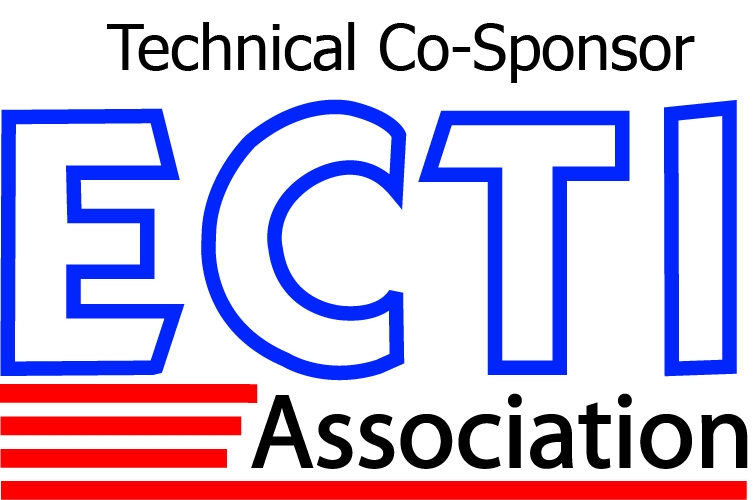Dr Steve Russ
Department of Computer Science, University of Warwick, UK
Empirical Modelling (EM) is an approach to computing which includes, but is much broader than, traditional computer science. It occupies a territory where experience is more prominent than abstractions, where state has priority over pre-conceived behaviours and where the agencies behind state change (human or otherwise) are first identified. Extensive research, and teaching of this approach to final year computer science students, over many years under the leadership of Meurig Beynon at the University of Warwick has resulted in a large body of artefacts, environments and publications. They can be found at http://go.warwick.ac.uk/em At the core of EM is an activity we call ‘making construals’. By a ‘construal of X’ we mean ‘what we think of X’ or ‘how we make sense of X’. As well as being a personal product of the maker it is at the same time an interactive computer artefact. The development method we adopt allows passage from the mere contemplation of a phenomenon or problem to the crafting of a program-like behaviour that is useful. We shall demonstrate this and explain the advantages of the approach, in at least some domains such as learning, when compared with existing programming paradigms. We have called the approach ‘human computing’ in recognition that its ‘programs’ - in both development and ways of use - have much more of the human qualities of flexibility, and multiple viewpoints, than is usual in a computing environment. It promotes closer collaboration between the human and computer. We shall report on the progress and challenges of the EU Project CONSTRUIT! which is half-way through its three-year duration. With its six European partners CONSTRUIT! seeks to promote the making of construals among teachers and students (at all levels) and to evaluate the effectiveness of this activity for learning across many subjects. See http://go.warwick.ac.uk/em/welcome We hope also to have a practical workshop on making contruals at KST2016 so we look forward to welcoming you to that and seeing what new construals you can help us make!
Steve Russ has degrees in mathematics and philosophy with a PhD on the mathematical work of Bernard Bolzano. He taught mathematics in schools for ten years having been a Head of Department in both the public and private sectors in England. In 1987 he was appointed Lecturer in Computer Science at the University of Warwick where he subsequently became Associate Professor and retired (officially!) in 2012. For many years he served on the Council of the British Society for the History of Mathematics and was President of the Society 1995 – 97. His research interests lie in Empirical Modelling and in the history and philosophy of both mathematics and computing. He is currently working on the CONSTRUIT! Project, preparing a paper on Bolzano’s theory of measurable numbers, and doing editorial work for some volumes of the (enormous, but nearly completed) ‘complete works’ of Bernard Bolzano.
| Sponsored by | Patronage by | |
   |
  |